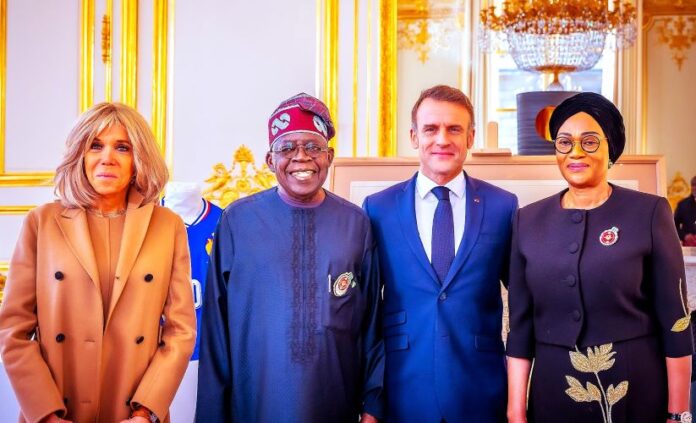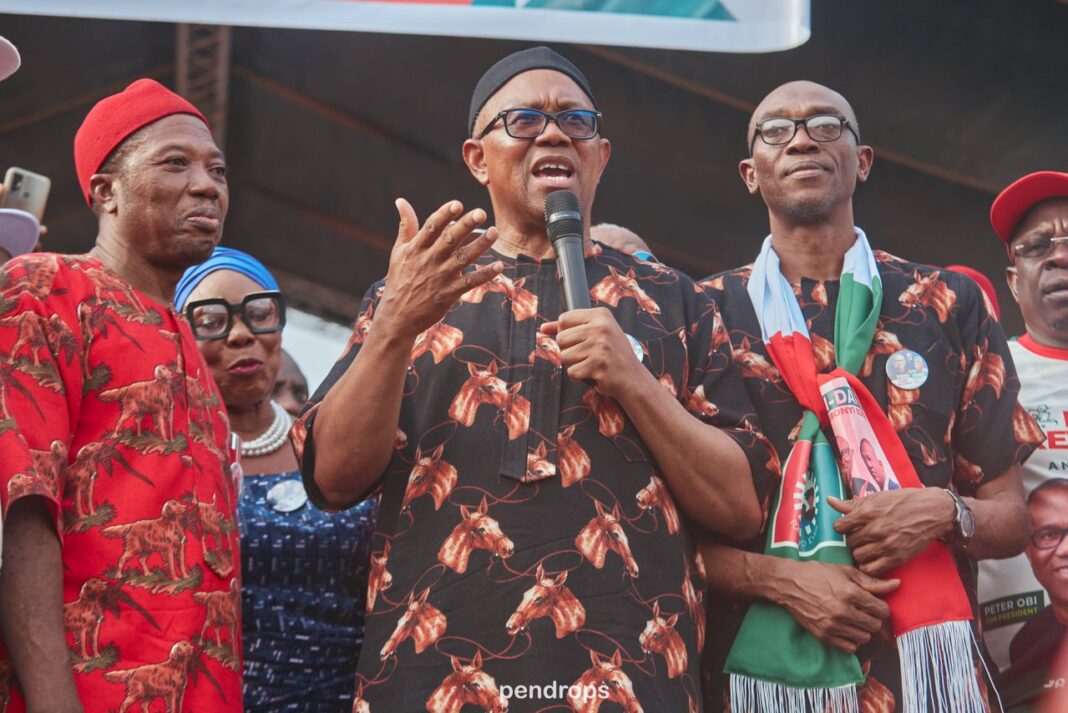Of late, France has found itself in the throes of a diplomatic crisis in Africa, particularly in West Africa, where it has, for decades, maintained a stranglehold on its former colonies. Under the guise of granting paper independence, France has continued to exert an exploitative grip on Francophone African countries. These nations have their reserves tucked away in Paris, their currencies printed and controlled by France, and remain shackled by policies that leave them with little or no autonomy over their monetary and fiscal systems.
However, after decades of this neo-colonial exploitation — aptly described by some as outright criminal — winds of change are sweeping across the region. Mali, Burkina Faso, Chad, Niger and other nations have begun to repudiate France’s domineering influence. In many of these countries, military coups have brought to power new leaders who have dismantled French businesses and expelled French troops, signalling the end of an era for France in the region. This unravelling has left France a virtual orphan in West Africa, a position the former colonial power is unaccustomed to.
Amid this fallout, France appears to be scrambling for relevance in the region it once considered its backyard. In this desperate quest, a curious and unprecedented alliance seems to be emerging between the French Republic and Nigeria under the administration of President Bola Ahmed Tinubu.
READ ALSO
Historically, Nigeria has maintained cautious relations with France, largely shaped by mutual suspicion. France has always viewed Nigeria — a resource-rich giant surrounded by Francophone neighbours — as both a competitor and a threat to its influence in West Africa. Nigeria, on the other hand, has not forgotten France’s antagonistic role during its civil war. France was the only European country to openly support the Biafran secessionists, providing them with diplomatic recognition, military aid, and a political asylum pipeline. These actions were not just unfriendly — they were hostile and left a lasting scar on Nigeria’s diplomatic memory.
Yet, today, we are witnessing a paradigm shift. The Tinubu administration seems to be warming up to France in a way no Nigerian government has done since independence in 1960. This sudden “romance” raises eyebrows, especially against the backdrop of France’s diminishing footprint in West Africa. Could Nigeria be serving as the new base for France’s lost military and economic enterprises? Is Tinubu opening the gates for France to re-establish its fading dominance, not through Francophone territories, but by leveraging Nigeria’s geopolitical clout?
Such questions are not far-fetched. France, in its desperation, is undoubtedly seeking a strategic ally in the region. Nigeria, as the largest economy and most populous nation in Africa, presents an alluring option. For France, aligning with Tinubu could mean regaining a foothold in West Africa — a critical region for its global ambitions. But what does this alliance mean for Nigeria?
This “romance” cannot be dismissed as mere diplomacy; it has far-reaching implications. Nigeria risks becoming a pawn in France’s neo-colonial chess game, a tool for maintaining relevance in a region that is increasingly rejecting French influence. Beyond economic ties, this alliance could open the door for French military ambitions to creep into Nigeria under the guise of “security cooperation.” Such a development would undermine Nigeria’s sovereignty and regional leadership aspirations.
Even more troubling is the symbolism of this alliance. At this point, it appears that if President Tinubu so much as he wants to fart or piss, runs to France for approval. This level of dependency reeks of subservience and raises questions about who truly controls Nigeria’s foreign policy. How can a nation as historically proud and independent as Nigeria allow itself to be drawn into such an undignified position?
Furthermore, this relationship ignores the historical wounds inflicted by France. The memories of France’s meddling during the Nigerian Civil War should serve as a stark reminder of the risks involved in cozying up to a nation with a track record of exploiting Africa for its gain.
While the motivations behind this newfound partnership remain speculative, one thing is clear: France’s interest in Nigeria is not altruistic. It is rooted in self-preservation and the desperate attempt to maintain a foothold in a region that has increasingly grown hostile to its machinations. For Nigeria, the stakes are high. Any alliance with France must be scrutinized through the lens of national interest and historical experience.
The Tinubu administration must tread carefully. Nigeria cannot afford to become a stepping stone for France’s resurgence in West Africa, nor can it allow itself to be manipulated into a subservient role in a relationship historically marked by exploitation. The romance with France must be approached with vigilance and an unwavering commitment to Nigeria’s sovereignty, dignity, and leadership in Africa.
The question, therefore, is not just where this alliance is heading, but whether it is worth the price Nigeria may have to pay. Only time will tell if this partnership will serve Nigeria’s interests or if it will reduce the nation to yet another pawn in France’s relentless quest for dominance in Africa.
Shaibu, is Special Assistant on Public Communication to Atiku Abubakar, Vice President of the Federal Republic of Nigeria (1999-2007)
 Donate
Donate



